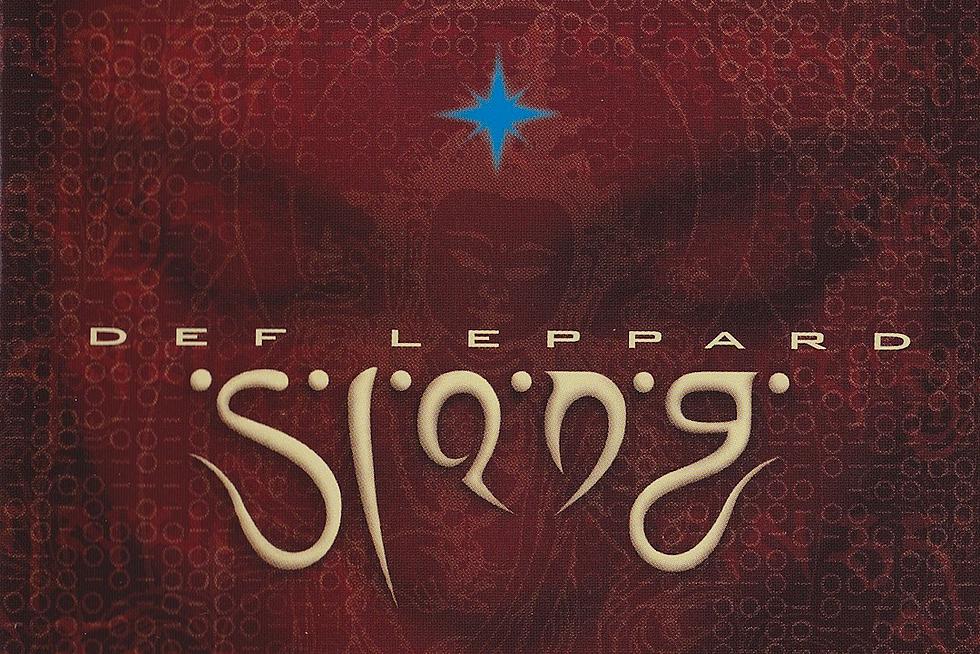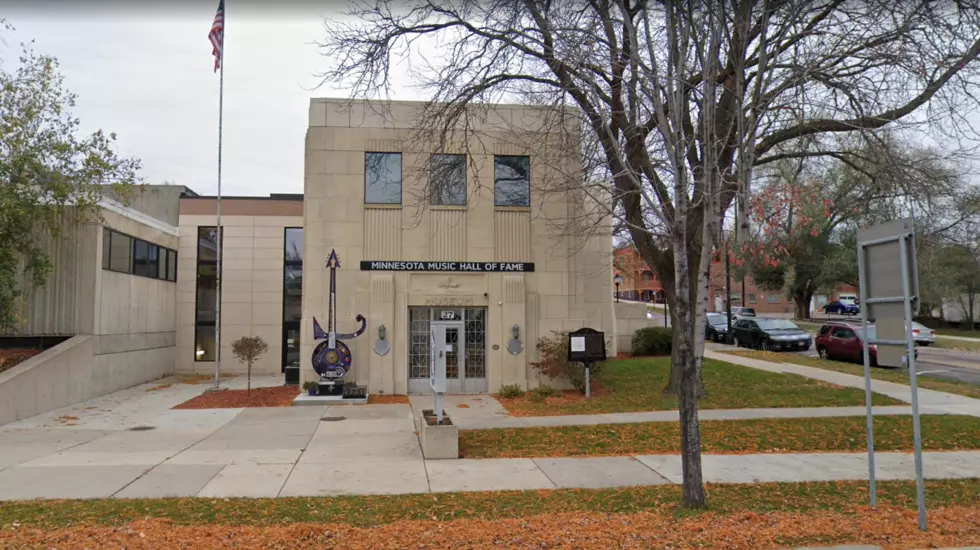
When Def Leppard Tried Something Different With ‘Slang’
Different bands met the creative and commercial challenges of grunge in different ways, including '80s hair-metal hit machines Def Leppard, whose May 14, 1996 release Slang would go down as perhaps the most distinctive and divisive of their long, triumphant and turbulent career.
This yin-yang state of affairs had been very much in evidence in the years leading up to Slang, which saw Def Leppard rebounding from the alcohol-related death of lead guitarist Steve Clark in 1991 with another blockbuster success, very much in the group’s trademarked pop-metal style, called Adrenalize.
Def Leppard followed with a vaults-clearing collection called Retro-Active in 1993, which again fared amazingly well in record stores.
But all of these professional rewards were back-dropped by quite a bit of personal turmoil for the surviving members of Def Leppard in the intervening years. By 1992, they found a replacement for Clark in former Dio and Whitesnake guitarist Vivian Campbell, who proved to be a perfect fit, both with his chops and songwriting talents.
This five-man lineup convened with producer Peter Woodruffe to record Slang, beginning with sessions in the Spanish town of Marbella and ending with a couple of months in early 1996 spent at Bow Lane Studios in Dublin, Ireland.
The songs they emerged with on Slang were widely characterized (even panned) as some kind of electronically enhanced aberration in Def Leppard’s body of work. Yet the irony is that the new album’s final mix was, in fact, relatively stripped down compared to its meticulously produced predecessors. Def Leppard hadn’t changed nearly as much as the surrounding musical landscape, which had replaced leather for flannel, and polish for rawness.
Listen to Def Leppard's 'Deliver Me'
Give Slang a listen with fresh ears today, and one will note that all of the hallmarks of typical, massively acclaimed Def Leppard albums were right there – beyond the ever-present electronic percussion (most overwhelming on “Turn to Dust” and the title track). That classic vibe is present in riff-driven hard rockers like “Work it Out” and “Deliver Me,” power ballads like “All I Want is Everything” and “Blood Runs Cold,” and, in a more recent reflection of Retro-Active, acoustic offerings like “Breathe a Sign” and “Where Does Love Go When It Dies.”
None of this came across at the time though. After showing a promising start by debuting at No. 5 in the U.K. chart and No. 14 in the U.S., Slang’s sales slowed down rather quickly due to limited radio and MTV airplay, falling well short of the band’s customary multi-platinum stomping grounds with a gold certification. But the band was still able to tour America’s big sheds that summer, a clear sign of their fans’ continued allegiance.
All these years later, the band still stands by by this proverbial “black sheep” in their discography – even reissuing it in 2014 expanded with a second disc’s worth of demos and alternate takes and mixes. Phil Collen said at the time that "Nirvana had come along and everything had changed. I think we could've put out Sgt. Pepper's or Dark Side of the Moon and [still] gotten lumped in with all the crap metal bands of the '80s that were kind of pale versions of us."
In the same interview, Collen added: “Slang was an essential album for Def Leppard. It went against the grain [but] we felt like Adrenalize started turning a little bit similar, so it was important to do something different at that point."
Top 25 New Wave of British Heavy Metal Albums
You Think You Know Def Leppard?
More From KYBB-FM / B102.7










